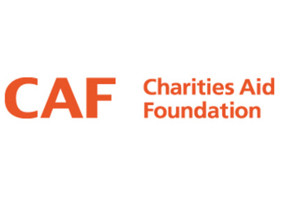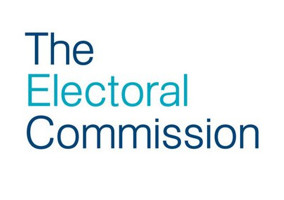Your trustees’ annual report (TAR) and accounts is just a compliance document that fulfils your obligation to recite the public benefit statement and to file the financial information legally required of you, right? Although those agreeing with this statement are reducing in number there are still many who approach this yearly requirement as a compliance exercise to be endured and not an annual opportunity to be maximised.
Before I get ahead of myself I will acknowledge that for many the reality of producing and publishing their TAR and accounts feels like shouting into a well; a lot of effort but pointless (and you can only hear the sound of your own voice). Your audience may well be limited in number and you may perceive that very few read it, consequently putting in minimal effort. But have you ever stopped to wonder whether this is a self-fulfilling prophecy? It’s said that ‘what you measure you get; whether you want it or not’ because KPIs can incentivise perverse outcomes. In the same way maybe what you report you get; whether you want it or not. If your approach is dull and uninteresting then it’s unsurprising if few engage.
The Charity Commission consider the TAR to be the key means by which the trustees of a charity are publicly accountable for the work that they have done to make a difference to the charity’s beneficiaries. It’s about “charities showing in their trustees’ annual reports that they are being true to their own purposes and demonstrating the difference they’re making. Public benefit is therefore at the heart of what charities are about” they say.
The requirement to report public benefit should encourage trustees to reflect on how well they are doing and to communicate this to their supporters, potential funders and the wider public. But it is also a platform to honestly share where things did not go according to plan and what was learnt. All registered charities must publish a TAR and although some of the content is mandatory it is remarkably free from constraint and prescription. Unlike the requirements of Companies House you have free reign to use pictures and imagery, tables and charts. It doesn’t have to be dull!
So why should you make more of this opportunity? For me the reasons are multiple but conscious of the restrictions of a short article here are a few big ones. To connect with beneficiaries, donors, funders, staff, supporters etc; transparency and being held to account (whether regulators, the aforementioned stakeholders, the media or anyone else); to fulfil your legal obligations to demonstrate delivery of public benefit and file financial information; to recognise your achievements and celebrate; to share your experience so others may learn; to drive support for your future plans.
The Charity Commission reports that trustees who have embraced public benefit reporting in the TAR and accounts found it helped their charities to stay focused on what they were there to achieve (the charity’s purposes) when planning activities, demonstrate what their charity does and the value of its work (particularly when applying for grant funding or fundraising), demonstrate the charity’s transparency and accountability and improve the overall quality of reporting on their work (including talking about impact).
Producing a TAR and accounts might feel like a hurdle to get over once a year but if you choose to do so it can be a beneficial exercise that can help hone what you do and attract support. Not convinced? Then let me appeal to your pragmatic side. This is something you have to do. The direction of travel in reporting is towards much more narrative content and a greater focus on impact. So if you are having to do this anyway why not get as much out of it as possible? In resource constrained times why wouldn’t you want to extract the maximum benefit from every investment?
So think again about the TAR and accounts. Are you approaching this as a burden to carry or an opportunity to embrace? If you can change your mindset and see this as a positive, get a bit more creative and think about how you might tell your story better your efforts and hard work may well be rewarded…what’s the worst that can happen?
Caron Bradshaw is the chief executive of Charity Finance Group
Related articles
|











